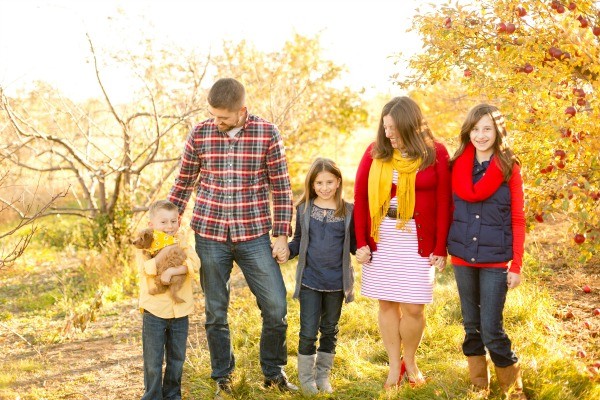I had exactly one of year living single and carefree. I went to brunch at noon and napped at two. I used my carefully earned teaching money to buy strappy heels and to save for adventures like the beach and the city and a trip to Mardi Gras. The women I spent my time with were smart—really smart—and I liked being associated with them.
One morning, one of these smart friends and I were sitting on a patio, legs crossed, breeze blowing, sunglasses necessary. We were sipping Bloody Marys and devouring omelets when I mentioned the series I was reading, Maus. The graphic novels are about the effects of the Holocaust on survivors and their kids. I found them shocking and obviously brunch-conversation-worthy. But as I was talking, my friend tilted her head, scrunched her nose, and said, “I never talk about the Holocaust. I like being Jewish and I don’t want to define it by something so sad.”
I was thinking about what she said the other day. I, too, love(d) being Jewish, then and now, and define my own Judaism by things that I consider positive. The Yiddish I remember hearing my grandparents speaking—loudly and urgently; the recipes my Ima made by heart—flour flying, cabinets open, a pinch of this, a dash of that, always perfect; the music and noise and tradition that are now braided from the stories I’ve heard, the childhood I had, and the childhood that I’m creating for my own children.
I see these things as an “and” to the sadder and scarier and less positive parts of being Jewish, rather than a “but.” We can have both.
This column has become the story of my search for a Jewish community in the Twin Cities. I talk about how hard it has been in the past for our family to carve out a Jewish space for ourselves here. On one of my BFF dates, a woman asked me if I felt embarrassed putting it all out there. I need friends! My search seemed to scream to her.
I knew what she meant; it was a similar thought that made conversations about the Holocaust seem so sour to my 20-something friend. Although the two topics are very different, the feelings surrounding them are similar.
I think that there’s beauty—positivity—in taking something ugly or negative or sad and creating something good out of it. I think this happens when we talk about the harder parts of our stories. We’re not defining ourselves by the negativity, we’re just holding space for the experience; and in doing so, we’re inviting others to share theirs. And once we do that, alone becomes together, solitary becomes shared, and negativity gets flipped.
When I started writing about my Jewish community search, I thought I’d find a community for myself and for my family. And this has started to happen. But what has also happened, is that I’ve found others who’ve had similar experiences and who saw a bit of their stories in mine. This is what happens when we share our (positive and negative) experiences, we feel and become less alone and that in itself is beautiful.
I have two last thoughts about the beauty in talking about the hard things.
First, I recently read about Sonia Warshawski, known as “Big Sonia,” who is described in The Huffington Post as a spunky Holocaust survivor with a fierce attitude who is using her words to uplift others. She’s doing this by telling her Holocaust story. Warshawski’s granddaughter says, “Her ultimate hope is that the next generation can learn from her story to stop bullying and discrimination.” I love her. Check out her story here.
And second, if you’ll indulge me in a little kvell. My first book is out. It’s called Kindness Wins and it’s a guide to teaching our kids how to be kind online. It, too, is something positive that was born of something negative (my own experience with cyberbullying)–confirming my belief that we’re all capable of making something out of nothing, the hard parts of our stories are sharable, and that I’m a-okay discussing the less-than-shiny parts of my life with you.


